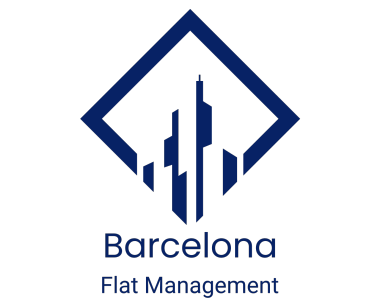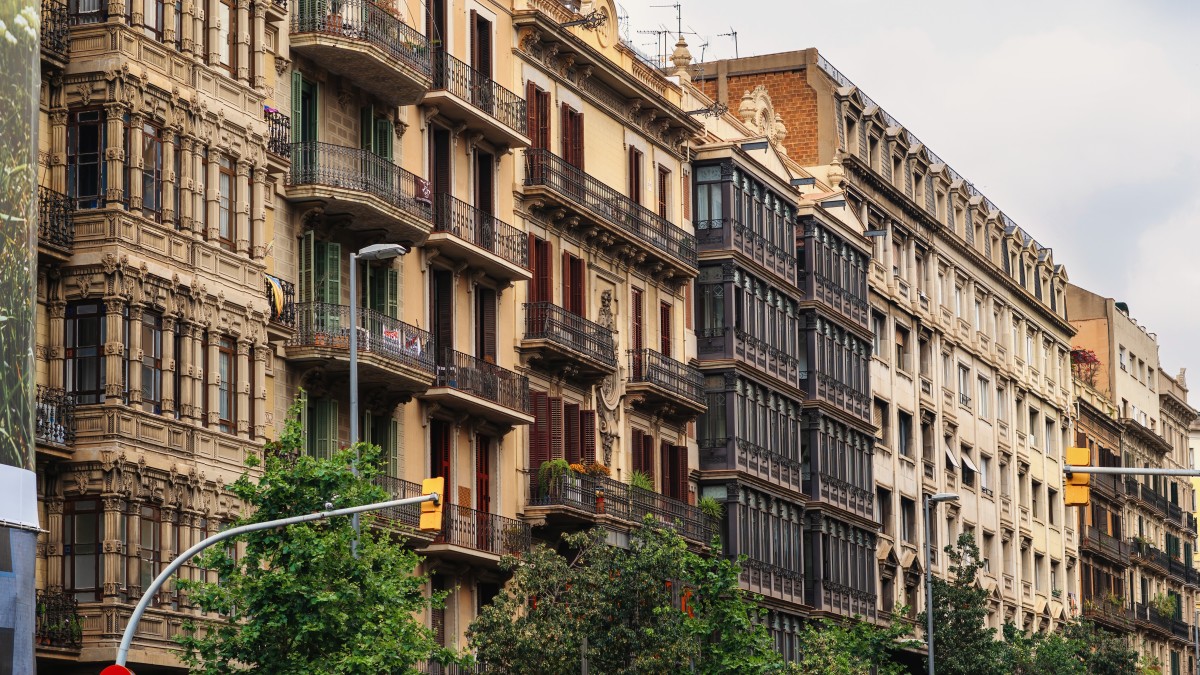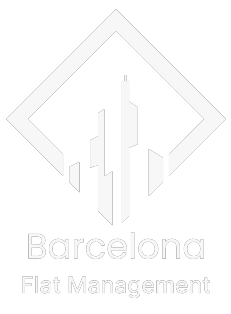Barcelona, a city renowned for its architectural marvels and Mediterranean allure, has long been a coveted destination for its unique housing market, characterized by a blend of historical charm and urban vibrancy.
Recently, this picturesque landscape has seen a new wave of transformation with the emergence of tech startups, signaling a potential shift in its housing dynamics. This incursion of technology-focused businesses raises a critical question: How are these innovative tech startups influencing the housing landscape in Barcelona, a city steeped in history yet on the brink of a modern renaissance?
The Silicon Beach Effect: Tech Startups as Catalysts for Change
Barcelona, now colloquially termed the “Silicon Beach,” is experiencing a notable surge in the presence of tech startups, a trend reshaping the city’s economic and urban landscape. This moniker, borrowed from its Californian counterpart, reflects the city’s burgeoning status as a hotbed for technology and innovation. The influx of these startups has catalyzed a distinct demand within certain neighborhoods, particularly those that offer proximity to tech hubs and coworking spaces.
Areas like Poblenou and 22@ district, once industrial heartlands, are now thriving with digital enterprises and their youthful, tech-savvy workforce. This shift is palpable in the real estate market, where demand for modern, connected living spaces is on the rise. Statistically, the growth of tech businesses in Barcelona has been striking. In recent years, the number of startups has skyrocketed, contributing significantly to the local economy. These companies have not only attracted substantial investment – running into billions of euros – but have also created thousands of jobs, drawing talent from both local and international pools. This tech-driven transformation, while fueling economic growth, is also redefining the very fabric of Barcelona’s neighborhoods, intertwining the city’s rich history with a forward-looking, digital era.
Skyrocketing Prices: The Cost of Innovation on Housing
The arrival of tech startups in Barcelona has undeniably escalated housing costs, particularly in districts favored by their employees. This surge in real estate prices, both in rentals and purchases, is a direct consequence of the increasing demand fueled by the tech industry’s growth. Neighborhoods such as El Poblenou, once known for their affordability, have witnessed a steep climb in housing costs. To put this into perspective, rental rates in these areas have seen an increase of approximately 20-30% over the past few years, a stark contrast to the more modest historical increments. The purchase prices of properties have followed a similar trajectory, escalating beyond the reach of many local residents. This price hike is not just confined to housing; it also extends to commercial properties, as more spaces are converted into offices and coworking areas to cater to the burgeoning tech community.
This phenomenon reflects a broader trend observed in global tech hubs, where the influx of high-earning tech professionals drives up living costs, often at a pace that outstrips the local population’s financial capabilities. Such a rapid escalation not only strains the existing housing market but also poses significant challenges in maintaining the city’s socio-economic balance.
The Cultural Shift: From Historic to Modern Living Spaces
Barcelona’s architectural landscape, a harmonious blend of Gothic facades and modernist designs, is undergoing a transformative shift, largely driven by the demands of its growing tech workforce.
The city, historically celebrated for its rich cultural heritage, is now witnessing a trend towards modern, high-tech living spaces. This demand has spurred the transformation of numerous old buildings and traditional apartments into sleek, contemporary homes and state-of-the-art coworking spaces. Emblematic of this change is the Poblenou district, where old factories and warehouses are being repurposed into innovative tech offices and luxurious residential units, equipped with the latest technological amenities. This fusion of the old and new is not just a physical alteration but also a cultural metamorphosis. It represents a city that is increasingly aligning itself with the needs of a digital and globally connected population while striving to preserve its historic essence.
However, this shift raises critical questions about Barcelona’s identity. As the cityscape evolves to accommodate these new-age demands, there is a growing dialogue about the importance of maintaining the city’s unique character and heritage, ensuring that the soul of Barcelona is not lost in its march towards modernity.
Finding Balance: Sustainable Development and Preserving Barcelona’s Soul
In the face of rapid urban transformation driven by the tech boom, Barcelona is actively seeking a sustainable path that harmonizes its newfound role as a tech hub with the preservation of its cultural soul. Local authorities and communities are increasingly aware of the need to strike a balance between growth and sustainability. This has led to the implementation of various initiatives and policies aimed at safeguarding the city’s architectural heritage while embracing technological advancements.
One notable example is the regulation of building renovations in historic districts, ensuring that any modernization respects the original architectural essence. Additionally, the city has embraced smart city initiatives, using technology to improve urban living while minimizing environmental impact. For instance, Barcelona has become a leader in implementing smart lighting and waste management systems, which blend seamlessly into the city’s landscape.
In terms of integrating tech startups, there are concerted efforts to encourage them to set up in less congested areas, distributing economic benefits and reducing pressure on the city center. This approach not only supports the growth of diverse neighborhoods but also helps maintain the historical charm of central Barcelona. These efforts reflect a city that is not merely adapting to change but is shaping it, ensuring that the evolution towards a tech-centric future respects and preserves the rich cultural tapestry that defines Barcelona.
Embracing Change While Honoring Tradition
In conclusion, the influence of tech startups on Barcelona’s housing market is a tale of two narratives. On one hand, their emergence has invigorated the city’s economy, creating new job opportunities and modern living spaces. However, this growth has also led to skyrocketing housing prices and a cultural shift, potentially threatening the city’s historic charm. This article has explored these multifaceted impacts, highlighting both the challenges and opportunities presented by this new era. Looking forward, Barcelona stands at a crossroads.
The city’s future will be shaped by its ability to integrate these technological advancements while preserving its rich heritage. As Barcelona navigates this transformation, it becomes a case study in balancing innovation with cultural preservation, striving to ensure that its soul remains intact amidst the winds of change.













